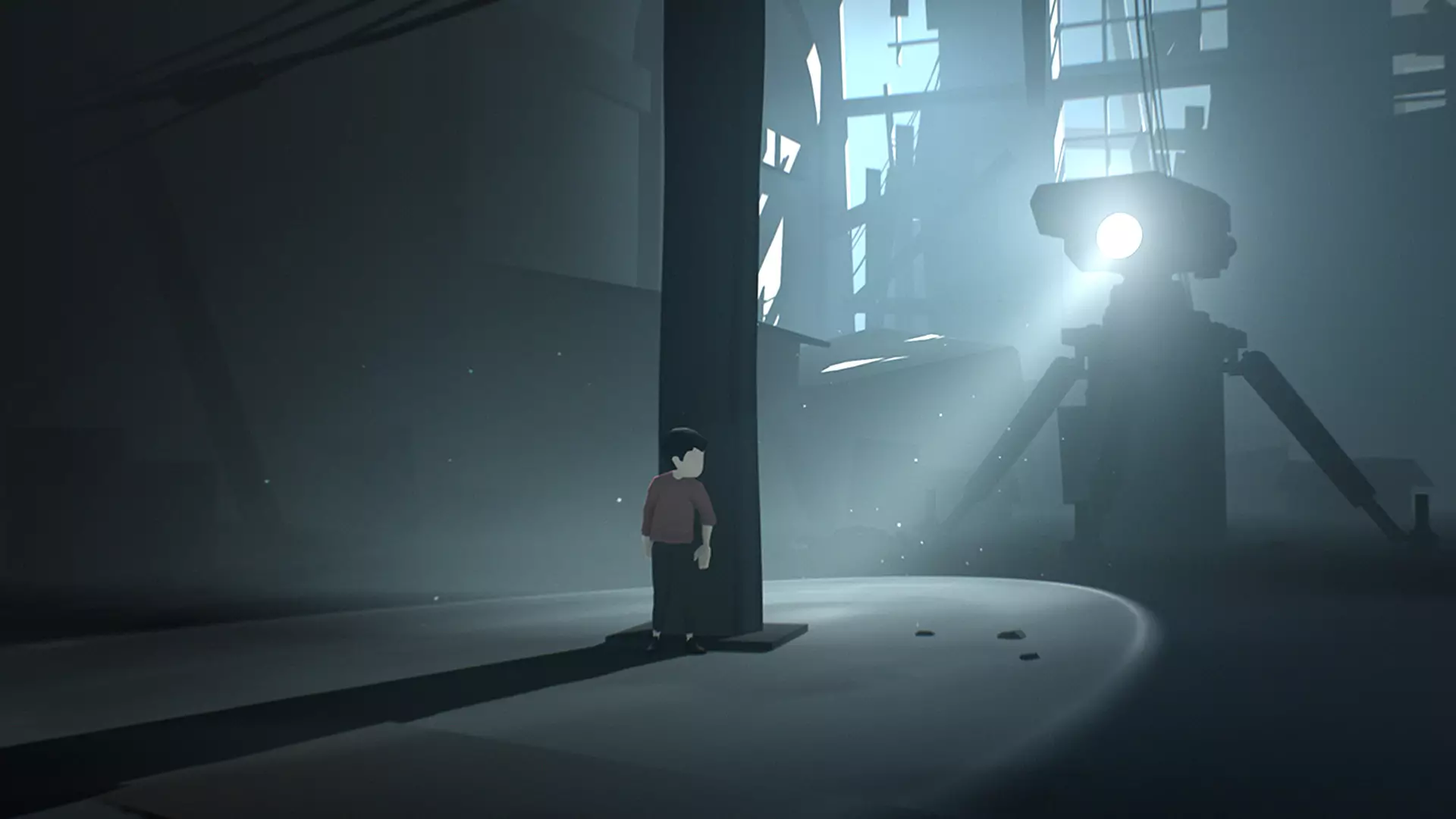The impending removal of Playdead’s seminal titles from GOG highlights a troubling yet often overlooked aspect of the gaming world: the delicate balance of intellectual property rights and creator recognition. Limbo and Inside, two titles that have left indelible marks on puzzle platformers, now face an uncertain fate not due to their quality or popularity but because of an internal feud between their creators. This situation underscores an unfortunate reality—legacy games can be hostage to the personal disputes of their creators and corporate power struggles. Gamers are the unintended casualties, losing access to masterpieces that have influenced entire genres. It raises a critical question about how much control developers and rights holders should wield over their creations long after their initial release, and whether this power can be wielded in ways that ultimately serve or harm the gaming community.
Clash of Creators: The Human Cost of Corporate Disputes
At the heart of this controversy is a bitter rivalry that has spilled into the public domain, involving Playdead’s co-founders Dino Patti and Arnt Jenson. Once united in crafting atmospheric and innovative games, their falling-out reveals the destructive potential of personal conflicts venturing into legal entanglements. Patti’s departure from Playdead to start Jumpship, and the subsequent legal threats over mere mentions of game development, demonstrate how fragile professional relationships can become when egos and stakes are high. Such disputes not only threaten the preservation of these artistic works but also tarnish their creators’ legacies. It’s a dilemma that calls for a reevaluation of how creative ownership is handled—should a company’s internal conflicts jeopardize access to culturally significant games? The truth is, this clash shows how individual disputes can overshadow the artistry and impact of the work itself, often at the expense of the consumers who have supported and cherished these titles.
Implications for the Gaming Community and Industry Practices
This controversy also exposes a broader issue regarding the responsibilities of digital storefronts and rights holders in safeguarding gaming history. GOG’s decision to delist these titles without explanation—only urging players to act quickly—reflects a troubling trend of opaque corporate behavior that prioritizes legal or proprietary concerns over consumer rights and historical preservation. It emphasizes the need for clearer policies around ownership and access, especially for titles regarded as cultural milestones. Moreover, the situation sparks a conversation about the ethics of using legal threats to silence discussion around creative contributions. If developers or publishers start wielding legal authority to erase games based on personal disputes, the entire ecosystem risks becoming a battleground where art and legacy are casualties of corporate politics. This power imbalance not only alienates fans but could set dangerous precedents for how future disputes are handled in the industry.
While legal conflicts are often complex and rooted in genuine concerns, the gaming community deserves transparency and fair access to influential titles. Games like Limbo and Inside are more than mere entertainment—they are artistic expressions and cultural touchstones. Their potential removal due to personal conflicts underscores the urgent need for industry reforms that prioritize preservation and respect for both creators and fans. If we want the art of game development to thrive and be remembered as a positive, collaborative force, stakeholders must reconsider how disputes are managed and how access to these works is protected. The future of gaming depends on safeguarding its history from the vagaries of personal vendettas and legal entanglements, ensuring that industry conflicts do not overshadow the creative spirit at its core.

